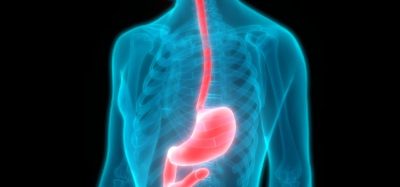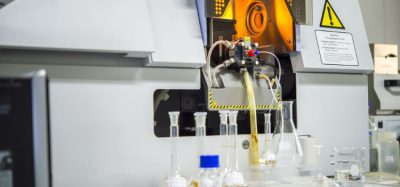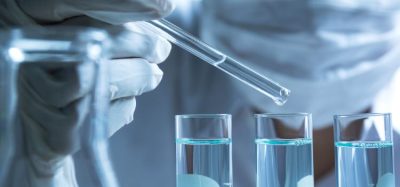First patient dosed in Phase I clinical trial for coronavirus vaccine
Posted: 17 March 2020 | Victoria Rees (European Pharmaceutical Review) | No comments yet
A Phase I clinical trial to investigate mRNA-1273, a vaccine to prevent the spread of the coronavirus COVID-19, has begun in the US.
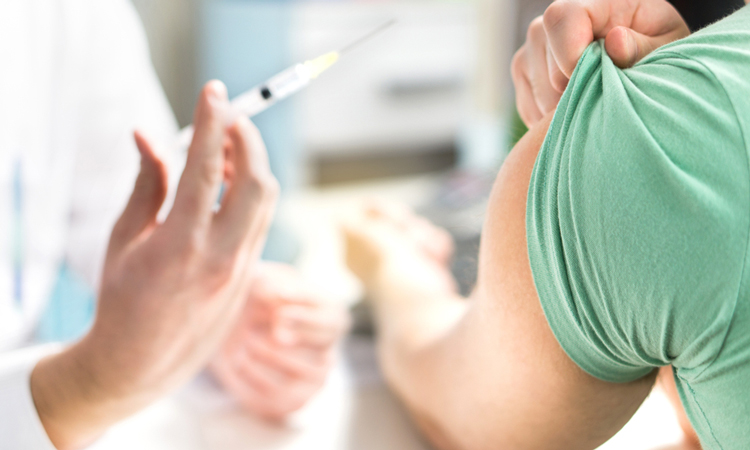

The US National Institutes of Health (NIH) has announced that a Phase I trial to test an investigational vaccine designed to protect against the coronavirus causing COVID-19 has begun and the first participant has received the vaccine.
The study is being funded by the National Institute of Allergy and Infectious Diseases (NIAID) and taking place at the Kaiser Permanente Washington Health Research Institute (KPWHRI) in the US.
According to the NIH, the open-label trial will enrol 45 healthy adult volunteers ages 18 to 55 years over approximately six weeks. It will evaluate different doses of the experimental vaccine for safety and its ability to induce an immune response in participants.
Called mRNA-1273, the vaccine was developed by NIAID scientists and their collaborators at the biotechnology company Moderna, Inc. The Coalition for Epidemic Preparedness Innovations (CEPI) supported the manufacturing of the vaccine candidate for the Phase I clinical trial.
The investigational vaccine was developed using messenger RNA (mRNA) and should direct the body’s cells to express a virus protein that it is hoped will elicit a robust immune response, having shown promise in animal models.
Scientists at NIAID’s Vaccine Research Center (VRC) and Moderna were able to develop mRNA-1273 because of prior studies of related coronaviruses that cause severe acute respiratory syndrome (SARS) and Middle East respiratory syndrome (MERS). The researchers were working on an investigational MERS vaccine targeting the spikes on the surface of the coronavirus, which provided a head-start for developing a vaccine candidate to protect against COVID-19. Once the genetic information of SARS-CoV-2 became available, the scientists selected a sequence of the stabilised spike (S) protein of the virus and expressed it in the existing mRNA platform.
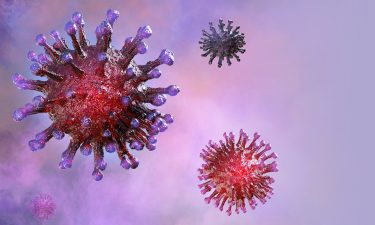

Participants will be asked to return to the clinic for follow-up visits between vaccinations and for additional visits across the span of a year after the second shot. A protocol team will meet regularly to review safety data and a safety monitoring committee will also periodically review trial data and advise NIAID. Participants also will be asked to provide blood samples at specified time points, which investigators will test in the laboratory to detect and measure the immune response to the experimental vaccine.
“Finding a safe and effective vaccine to prevent infection with SARS-CoV-2 is an urgent public health priority,” said NIAID Director Dr Anthony Fauci. “This Phase I study, launched in record speed, is an important first step toward achieving that goal.”
Related topics
Clinical Development, Clinical Trials, Drug Development, mRNA, Research & Development (R&D), RNA, Therapeutics, Vaccine Technology, Vaccines
Related organisations
Kaiser Permanente Washington Health Research Institute (KPWHRI), NIAID Vaccine Research Center (VRC), US National Institute of Allergy and Infectious Diseases (NIAID), US National Institutes of Health (NIH)




